What Smoothies Are You Getting?
I am commonly asked how my approach to helping others is different. Often words used by various approaches are similar with vastly different results or processes.
"How is this different? Your blog sounds different from other things I've read but I can't quite put my finger on why."
So here is one version of my answer to people.
Turns out it's quite long and so I've divided it up into two parts. This is the first part.
It comes down to our foundational assumptions of how we think the world and us in it works. Think of the universe around us like a kitchen appliance. You can work it better if you know how.
We generally have foundational assumptions about how life works that are incorrect or misunderstood.
Twice this week I was hunting down operating manuals for things in my house because I was confused about the results I was getting with the washing machine and the air conditioner. I was pretty sure the problem wasn't really a problem at all. It's simply that I didn't know how they were designed to operate.
Once I found and read the manuals, I realized pretty quickly what I was doing that was mucking up the works. In the case of the washing machine, once I understood the how of it, I changed my actions automatically. It didn't require any figuring it out since it became obvious what to do. In the case of the air conditioner, my perception changed all on its own permanently when I realized it wasn't broken and it was supposed to make that noise. Just leave it be.
In both these cases, I didn't need to do any practices, meditations, motivations, psyching myself up or beating myself up mentally because the solutions were obvious and natural once I knew the system.
In a similar way, we are designed to operate very elegantly by default. Much of the time people are very confused about the results they are getting in their experience of their own lives. We don't have an operating manual we can consult in the same way as a washing machine. It's like we go out and start pushing buttons all over the place and then get upset that we aren't getting the results we wanted.
A colleague of mine, Dr. Jack Pransky, wrote a book to address this and called it "Somebody Should Have Told Us!". He operates the Centre for Inside-Out Understanding. And a mentor of mine Mavis Karn wrote a book she called "It's That Simple: A User's Manual for Human Beings."
What are some of these foundational assumptions, you may ask?
Assumption: Things in life come at us from the outside and we need better and better coping skills to deal with them.
Reality: Life actually happens from the inside out. Many psychologists talk about the meaning we make about an event and that we can choose the story we tell. But what if we realize that we don't need to create any story about anything? Things just are. They are neither inherently good nor bad until we label them as such.
Experiment to try: If you are feeling tense or negative about something (start with a small something), what if you didn't label the something as "bad"? You can prefer that "what is" was different. But what if it wasn't "bad" to start with rather it just is.
How does your experience in the moment change?
Assumption: Life is inherently stressful and that negatively affects us.
Reality: Life is inherently neutral and our default state is joy. Stress is 100% internally created and is 100% optional. Nothing outside of us can affect us.
Experiment to try: Think of something stressful in your life. Is it stressful at the times you are not thinking about it? How does your experience of it change when you think about it vs not thinking about it?
I would suggest that no, it's not stressful when you aren't thinking about it as it's not in your awareness then. We live in the feeling of our thinking. When we aren't thinking we revert back to our default state of wonder, curiosity, contentment, and joy.
Stay tuned next week for the second part of this blog with another assumption and experiment to try. There will also be smoothies next week. I promise.
Overall, my work is about the heart of life. Which is you. At the heart of life, there is an intelligent energy that enlivens and empowers everything. We are made of this energy. YOU are the very heart of all life.
Would you like to know how to live that way?
Jack Pransky is well known for his quote "All we are is peace, love and wisdom and the power to create the illusion that we're not."
At our upcoming Immersion Retreat in Guelph Saturday, September 14, we will explore the felt feeling of being in the world from our peace, love and wisdom beyond the illusion.
Contact Nancy if you'd like to join us at frontdesk@drsaraoneill.com or 519-880-0003. We have a number of spaces left.
What Else Are We Up To?
We Go Deep with Kat and Sara: A mostly weekly podcast with Dr. Kathleen Perry and Dr. Sara O'Neill where we go deeper with the understanding that life happens from the inside out. This is a raw and unedited podcast in a conversational style.
Recent Titles Include:
Connection Already Is
The *Bleeping* Randomness and Freedom of Thoughts
The Feeling of Being Listened To
Available on Spotify, Apple Podcasts, iHeartRadio, Pocket Casts, and Amazon Music
Wildspire Podcast with Stephanie Benedetto - Bliss & the Bigness of Who You Really Are With Dr. Sara Joy O’Neill https://open.spotify.com/episode/5SgFdNP8x5Oagt6AjxYhC0?si=88bc6551037c449a
With Love,
Sara Joy

